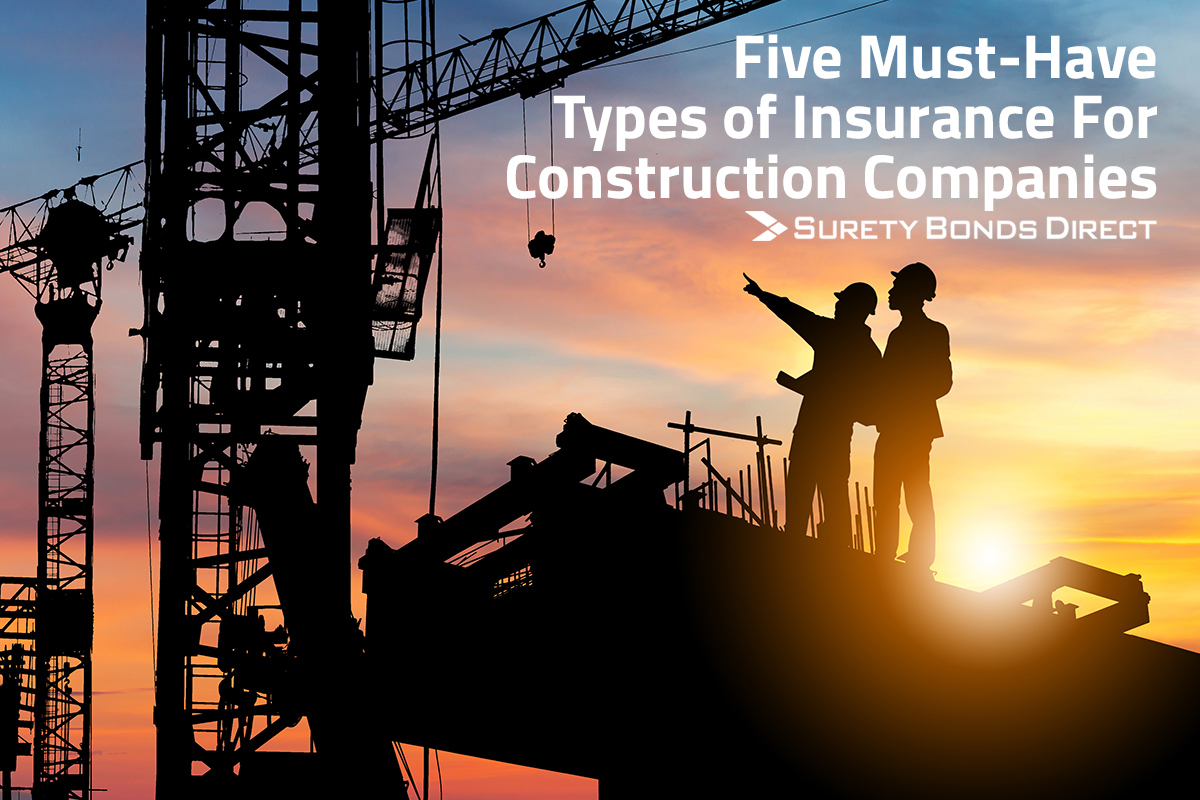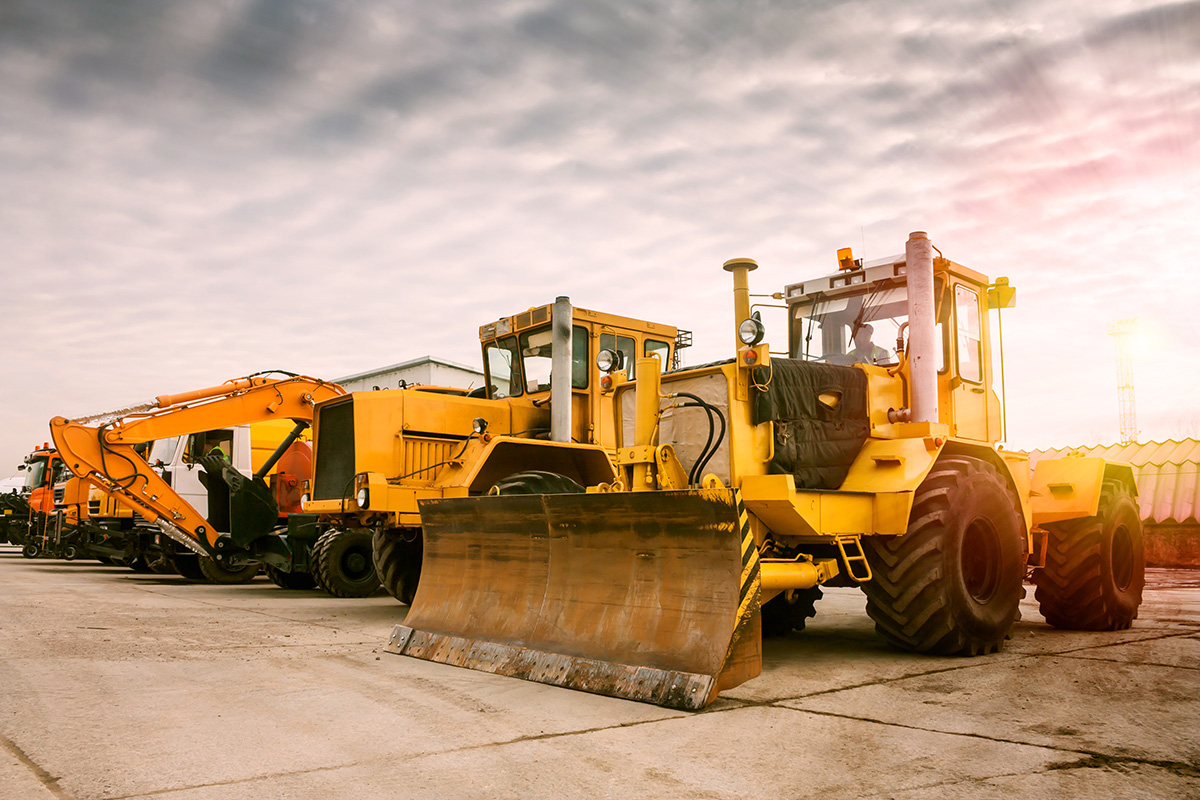In the construction industry, where projects are inherently risky, there is a wide variety of surety bonds and insurance policies available. It’s also mandated in every US state that construction firms offer insurance policies for protection in case of any untoward incident. Similar to how mechanics liens protect a company’s right to payment and revenue, insurance is a critical need if you’re a contractor or are in any other construction businesses.
There are different factors that determine which insurance policies a construction business owner should have, such as the size of the construction business, the nature of a project, and contract requirements. But there are five types of insurance policies that are essential in every construction project as they offer wide coverage to protect construction firms and help minimize their risks.
General Liability Insurance
Most businesses invest in general liability insurance, especially those in the construction sector. General liability is also known as commercial insurance, and helps protect a business from third-party claims of bodily harm as well as property damage. It is important for construction managers to have this type of insurance as it protects their companies from lawsuits.
For instance, a person may accidentally trip over a tool on a construction site, leaving them with a serious injury, like a spine fracture. The construction company may be liable to cover the treatment cost. Another example is damage done to a client’s wall while a worker is installing a window. General liability insurance can be used to cover the expenses incurred as a result of these incidents.

Surety Bonds
Although a surety bond is not the same as a typical insurance policy, it is an important and necessary contract for construction companies to have as it ensures trust and accountability to all parties involved. If someone is opening a construction business, there are a number of essential bonds that are required before getting a license or accepting certain types of contracts:
Commercial Auto Insurance
In the construction industry, a lot of vehicles are used, such as heavy machines, pick-up trucks, and even small company cars. Each state has a set of regulations that determine how much commercial auto coverage is needed by construction companies.
Many factors determine the levels of commercial auto insurance coverage, such as the type and size of equipment, the nature of a construction project, and the ownership of equipment. There are several vehicles of all types operating on a construction site. On a typical day, heavy machinery is being used and project managers are driving from site to site. A construction company needs to ensure it is covered in case any of its vehicles are involved in an accident or cause damage or injury.
An accident could mean expensive repairs on a company’s vehicle. Moreover, if a person is injured, the medical and legal costs that the construction company will have to bear will be even higher. This is why most construction owners get insurance for their businesses’ vehicles.
Worker’s Compensation Insurance
Most U.S. states require construction companies to have at least some degree of worker’s compensation insurance. Construction projects employ a large number of workers who perform potentially hazardous jobs daily. Worker’s compensation insurance covers any medical bills related to an accident, and may also partially cover the monthly wages of injured employees.
Worker’s compensation is important for construction companies due to the inherent risks that workers take while performing their work. For instance, a worker who hurt himself while doing carpentry work using a nail gun will be covered under this insurance policy.
The primary function of construction insurance is to minimize risk and provide protection to a construction company. Depending on the size of the company and the nature of a project, surety bonds and insurance policies can be tailored to business needs. When an accident happens, a third party may file a claim against the construction business, which takes a lot of time and money to resolve. Insurance policies pay for the expenses that relate to those cases, which can save the business a lot of money.

Builder’s Risk Insurance
Builder’s risk insurance is also known as inland marine coverage or course of construction. This type of insurance covers buildings and property that are in the construction phase. This means that the insurance coverage usually lasts only for the duration of the project, without the contractor having to make payments before or after the project.
Builder’s risk includes coverage for the building, materials, and equipment that relate to the project in construction. Usually, this insurance policy covers damages resulting from force majeure events such as fire, high winds, and lightning, which makes it necessary for construction projects that are in locations with really bad weather conditions.




